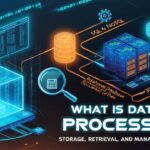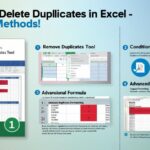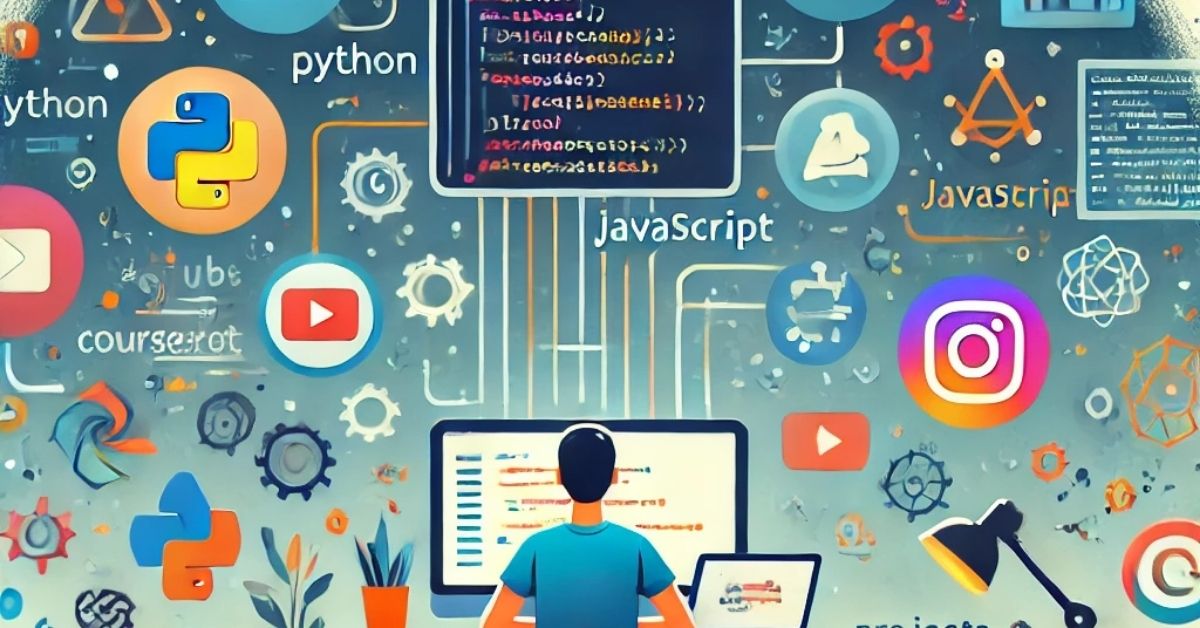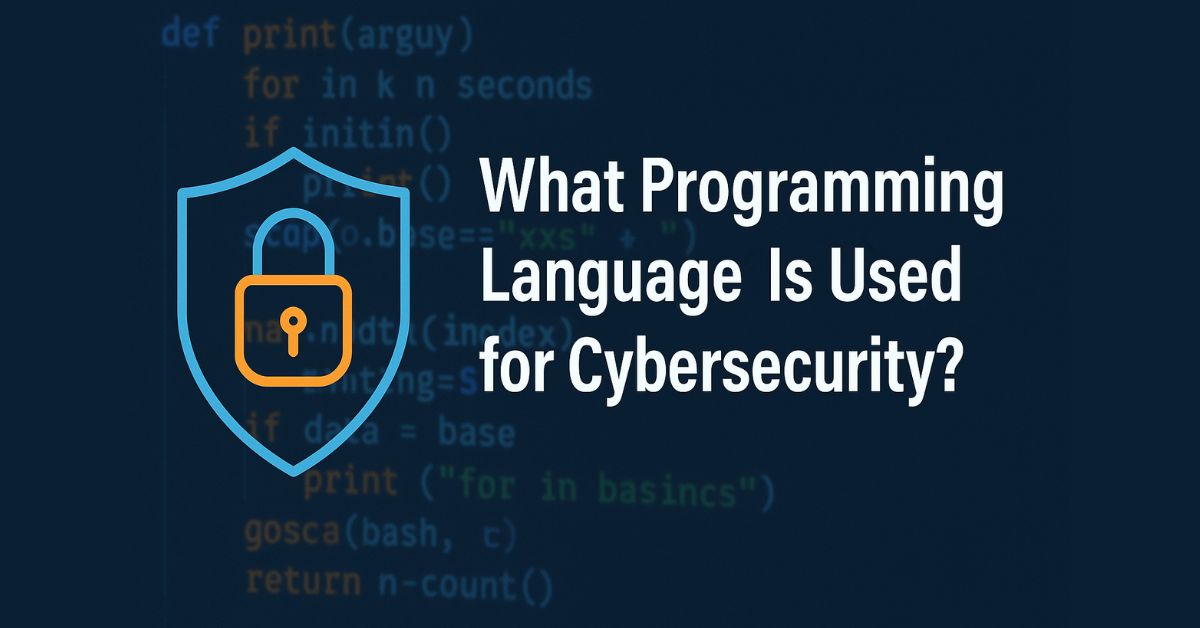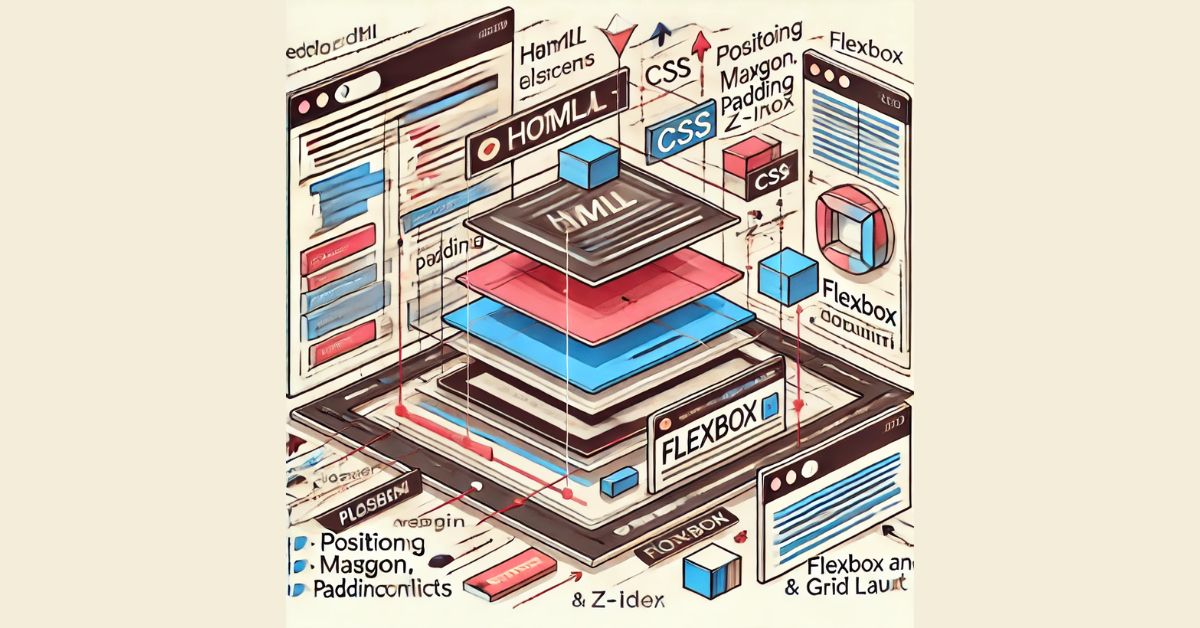In today’s hectic, computer oriented society, it is functional to learn programming. But most people think that to become a programmer one has to get a degree. The good news? You actually do not need a degree to learn programming! There is nothing as a difficult code that cannot be cracked with proper effort and resources. You can even secure oneself a job in technology sector. Here’s how to get started.
Still, to learn programming without a degree, pick a language, for instance, Python or JavaScript. To learn coding, students should use websites that offer free coding learning and are available such as Codecademy or FreeCodeCamp. Then, practice by constructing projects to really implement what has been learnt.
1. Choose the Right Programming Language
One of the critical initial decisions any programmer makes is which language they want to use to accomplish what. Different languages serve different purposes:
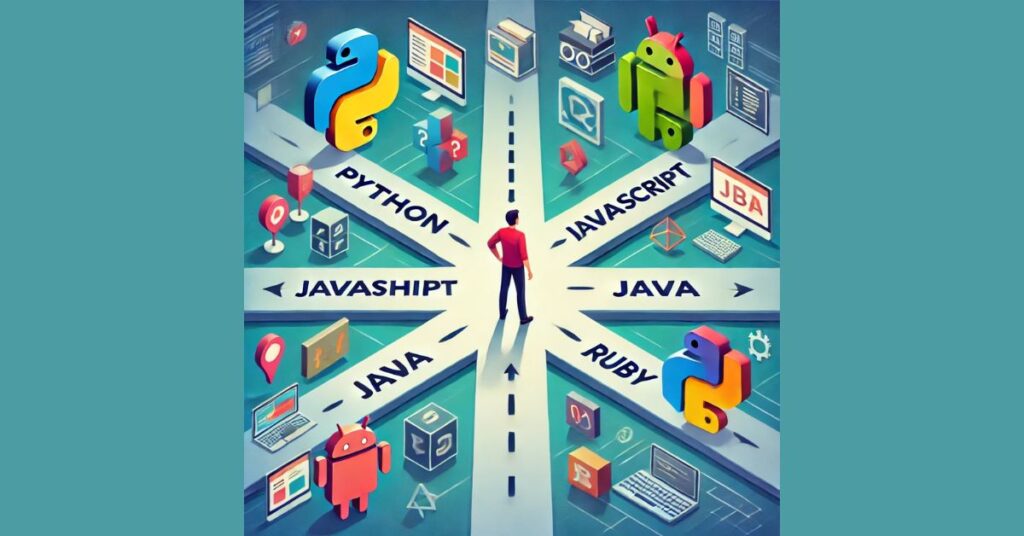
- Python: Ideal for beginners, data science, machine learning, and web development.
- JavaScript: Essential for web development (front-end and back-end).
- Java: Popular for Android app development.
- Ruby: Known for its simplicity and web development frameworks like Ruby on Rails.
Tip: Start with a language that matches your interests or career goals.
2. Leverage Free Online Resources
In fact, you can easily access a lot of free tutorials available on the internet to get you started on programming. From tutorials to coding challenges, these platforms cater to various skill levels:
- Codecademy: Offers interactive lessons for beginners.
- FreeCodeCamp: Provides thousands of hours of coding practice and projects.
- Khan Academy: Offers courses in computer programming with easy-to-follow instructions.
- Coursera and edX host free courses from universities like MIT and Harvard.
Pro Tip: Use one course or platform. Too many resources can overwhelm you.
3. Practice with Projects
But the best way to learn programming is to do some programming. If possible begin with personal projects and make it grow in complexity step by step. Here are some ideas:
- Build a personal website using HTML, CSS, and JavaScript.
- Create a simple calculator using Python.
- Develop a to-do list app to practice with back-end languages like Node.js.
Building real-world projects will solidify your knowledge. It will also create a portfolio to help with job applications.
4. Join Coding Communities
Getting to know how programming works can be lonely. That is why joining online communities can help. They provide information, tools and contacts. Some popular forums and communities include:
- Stack Overflow: A Q&A forum for developers to seek help and contribute.
- Reddit’s Programming Subreddits: Communities like r/learnprogramming are perfect for beginners.
- GitHub: A platform to collaborate on open-source projects. It boosts your learning and resume.
A community can boost your motivation. It can also expose you to new ideas and ways to solve problems.
5. Participate in Coding Challenges
To refine the training, try the coding battles also called the competitive programming. These challenges call you not only to use your logic and problem solving skills. Platforms like:
- HackerRank
- LeetCode
- Codewars
offer a variety of coding challenges for different languages and skill levels. Regularly doing these challenges will make you good at algorithms and data structures.
6. Get Comfortable with Git and Version Control
They also teach you version control systems such as Git as you advance in your educational course. They are necessary where joint operation is required in programming. Git assists you deal with the code changes and collaboration, especially in big projects. Awaken with Git starting with GitHub or GitLab.
Pro Tip: Create a GitHub account. Upload your projects there to show your work to potential employers.
7. Enroll in Bootcamps (Optional)
If you want fast results, consider a coding bootcamp. They offer structured learning. These intensive programs last from a few weeks to months. They can make you job-ready in web development, data science, or software engineering.
Some popular coding bootcamps include:
- General Assembly
- Flatiron School
- Le Wagon
Tip: Some bootcamps offer deferred tuition, meaning you only pay once you get a job.
8. Contribute to Open Source Projects
One of the most effective ways to learn coding is by contributing to open-source projects. These are collaborative efforts where developers worldwide work on the same software. Platforms like GitHub host thousands of open-source projects you can join. Not only will you learn, but you’ll also network with other developers.
9. Build a Portfolio
A portfolio showcases your coding skills and demonstrates your ability to potential employers. List the projects you’ve worked on. Describe your role in each, and highlight any open-source contributions. Having a strong portfolio can often matter more than having a degree in the tech world.
Pro Tip: Make your portfolio website user-friendly and link it to your GitHub projects.
Conclusion: You Don’t Need a Degree to Succeed in Programming
Learning programming without a degree is entirely possible.
You can launch a tech career by:
- Choosing the right language.
- Using free resources.
- Building projects.
- Joining coding communities. These will improve your coding skills.
With dedication and persistence, you’ll find coding rewarding and doable.
FAQs: How to Learn Programming Without a Degree
Can I really learn programming without a degree?
Yes, absolutely! Many successful programmers are self-taught. It’s easier than ever to learn programming without formal education. There are many online resources. Coding bootcamps and open-source projects help too. All you need is commitment and practice.
What are the best programming languages to start with?
It depends on your goals. For beginners, Python is popular. It’s simple and widely used in data science, web development, and automation. JavaScript is essential for web development. Java is great for mobile app development.
How long does it take to learn programming?
It takes different times to learn programming. It depends on your dedication and the language’s complexity. With a few hours of practice each week, you can learn the basics of programming in 3-6 months.
Do I need to enroll in a coding bootcamp to learn programming?
Coding bootcamps can fast-track your progress with their structured learning. But, they are not necessary. Many people learn to code via free online resources, practice projects, and coding challenges. They succeed. Bootcamps are a great option. They provide structured guidance and help you get job-ready faster.
How can I get a job in programming without a degree?
Building a portfolio of projects is key to getting hired. Employers value real-world skills, so create and showcase projects on platforms like GitHub. Joining coding challenges, open-source projects, and coding communities can help you get a job.


